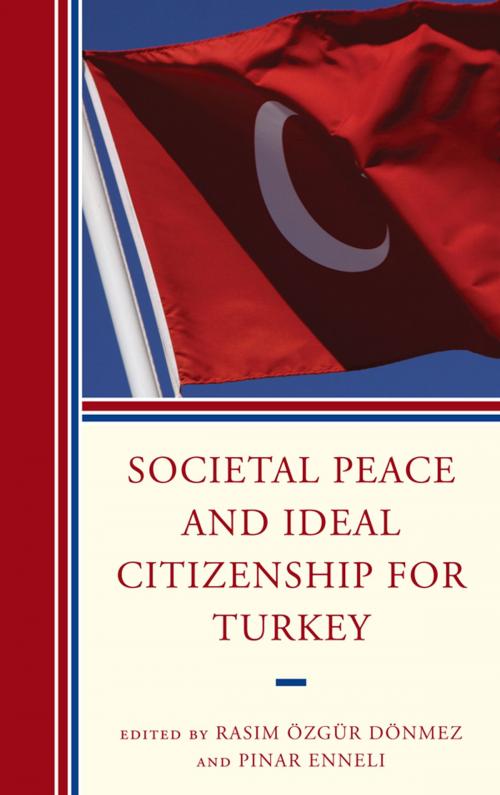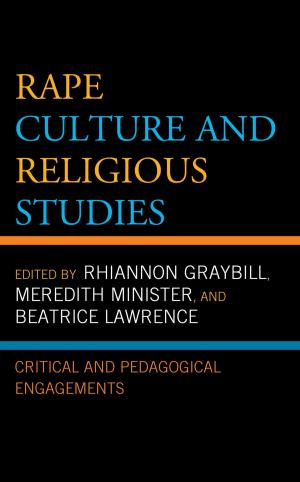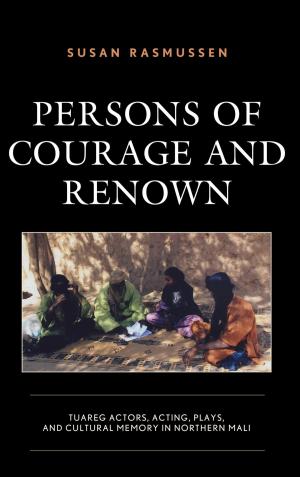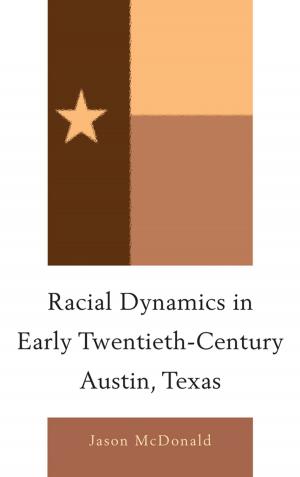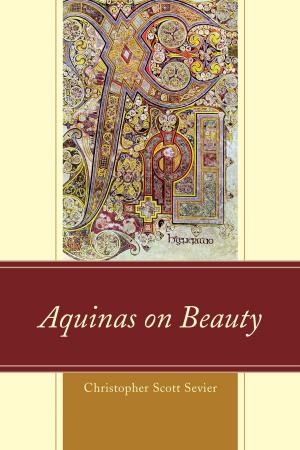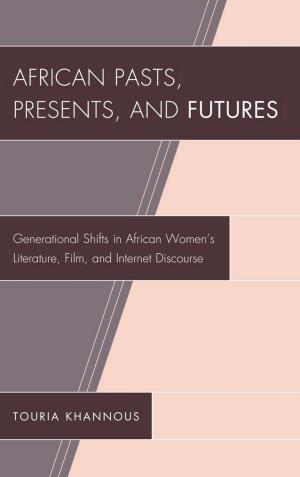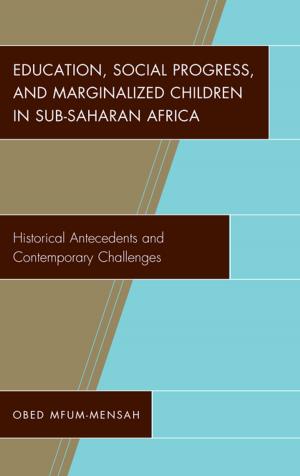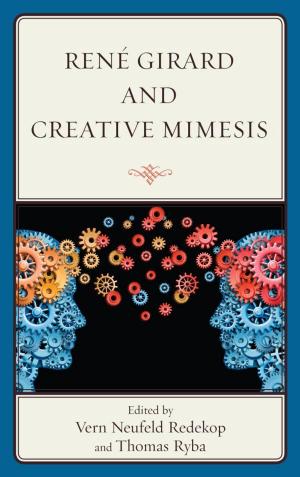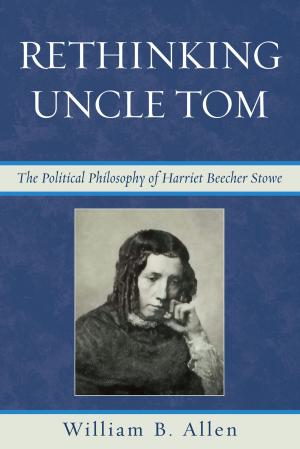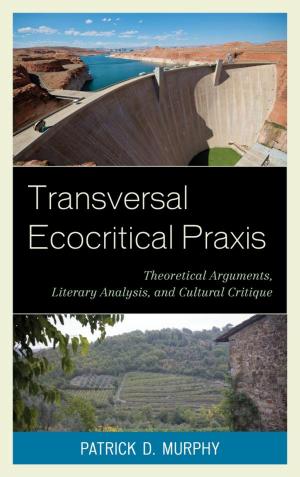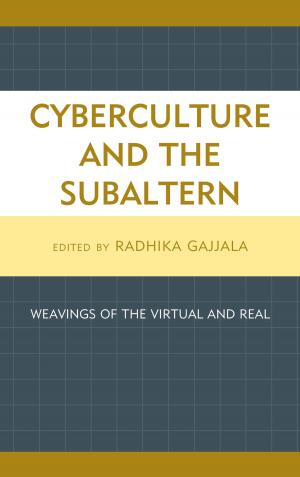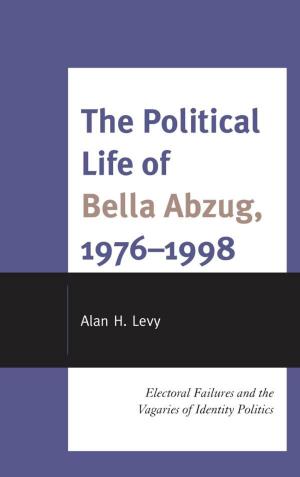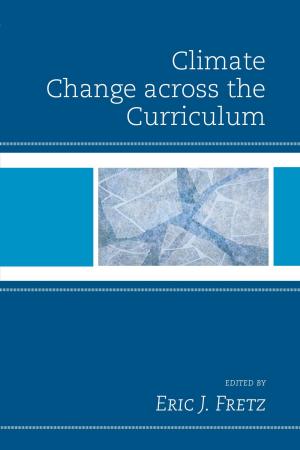Societal Peace and Ideal Citizenship for Turkey
Nonfiction, Social & Cultural Studies, Social Science, Sociology, Political Science, Government| Author: | Pinar Enneli, Canan Aslan Akman, Elçin Aktoprak, Maya Arakon, Hakan Ataman, Rasim Özgür Dönmez, Esma Durugönül, Bahar Turhan Hurmi, M Kemal Öke, Fazilet Ahu Özmen, Bülent Temel, Senem Kurt Topuz, Feryal Turan, Fatma Tütüncü | ISBN: | 9780739149225 |
| Publisher: | Lexington Books | Publication: | August 16, 2011 |
| Imprint: | Lexington Books | Language: | English |
| Author: | Pinar Enneli, Canan Aslan Akman, Elçin Aktoprak, Maya Arakon, Hakan Ataman, Rasim Özgür Dönmez, Esma Durugönül, Bahar Turhan Hurmi, M Kemal Öke, Fazilet Ahu Özmen, Bülent Temel, Senem Kurt Topuz, Feryal Turan, Fatma Tütüncü |
| ISBN: | 9780739149225 |
| Publisher: | Lexington Books |
| Publication: | August 16, 2011 |
| Imprint: | Lexington Books |
| Language: | English |
Globalisation and neo-liberalism have been impacting the nation-state and leading the full citizenship concept into crisis, not only in Turkey but also in the world. While one reason for this crisis is the decline of the welfare state, another reason stems from the fluidity of borders that distorts the classical patterns of the nation-state such as meta-identity. The existing Turkish citizenship inherited a strong state idea with passive citizenship tradition from the Ottoman Empire. However, this understanding is no longer sustainable for Turkish society. The definition of citizenship through state-led nationalism, secularism, and a free market economy creates societal crises in politics and society. The aim of this book is to find out the answer of what should be the ideal citizenship regime for Turkey. Various scholars dealing with Turkish socio-politics analyze different aspects and problems of Turkish citizenship regime that should be tackled for finding a recipe for ideal citizenship in Turkey.
Globalisation and neo-liberalism have been impacting the nation-state and leading the full citizenship concept into crisis, not only in Turkey but also in the world. While one reason for this crisis is the decline of the welfare state, another reason stems from the fluidity of borders that distorts the classical patterns of the nation-state such as meta-identity. The existing Turkish citizenship inherited a strong state idea with passive citizenship tradition from the Ottoman Empire. However, this understanding is no longer sustainable for Turkish society. The definition of citizenship through state-led nationalism, secularism, and a free market economy creates societal crises in politics and society. The aim of this book is to find out the answer of what should be the ideal citizenship regime for Turkey. Various scholars dealing with Turkish socio-politics analyze different aspects and problems of Turkish citizenship regime that should be tackled for finding a recipe for ideal citizenship in Turkey.
